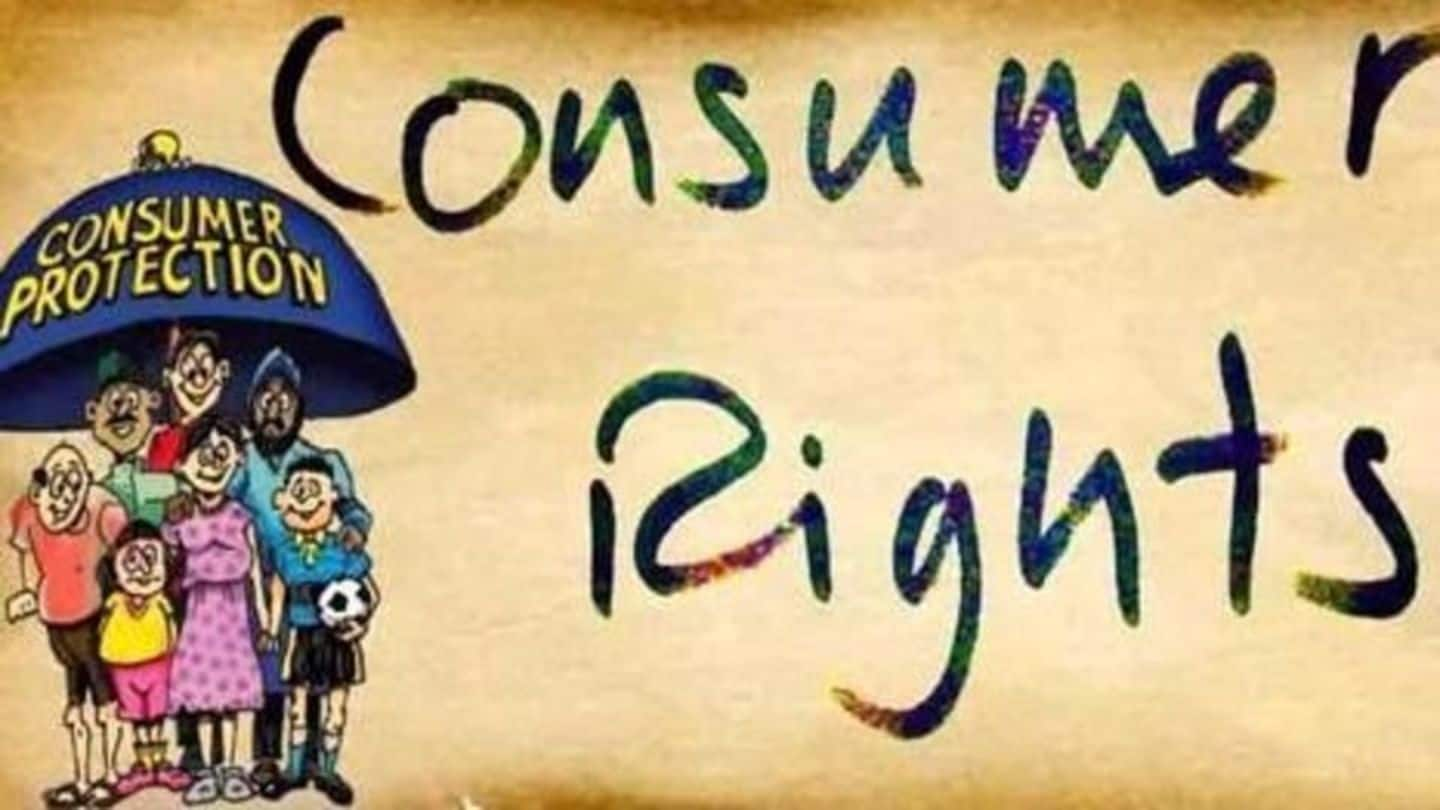
All you should know about the new Consumer Protection Bill
What's the story
A new Consumer Protection Bill has been sent to the Cabinet for approval. The government will try to bring it in the winter session of parliament. This Bill, drafted in 2015 and tabled in Lok Sabha last year, will replace the Consumer Protection Act, 1986. Emphasis will be on protection of consumers: authority with executive powers will focus on quick and efficient grievance redressal.
Body
An executive agency to protect consumers from unfair trade practices
One of the highlights is the setting up of an executive agency, the Central Consumer Protection Authority, which will protect consumers from unfair trade practices. Its goal will be "quick remedial action": it will have the power to recall products, order refunds and initiate class action against a firm. It will also be able to take action in case of violation of consumers' privacy.
Information
Bill to regulate e-commerce companies and protect consumers' data
The law will extend to e-commerce companies. According to a recent report, during 2012-2015, more Indians debuted online than anywhere else in the world. If a company shares consumers' personal data for commercial purposes, it could be taken to court and be eligible for punishment.
Liability
Producers, manufacturers, sellers, even endorsers to be held accountable
The new bill would hold manufacturers, producers and even sellers responsible for personal damages or injuries. Endorsers and brand ambassadors, in case of misleading ads, may also be held accountable. However, critics have asked how ambassadors are supposed to verify the authenticity of every product or service they endorse. Moreover, service providers like airlines can also face legal action in case of unsatisfactory service.
Consumers
Methods to improve the complaint filing process
To facilitate filing of complaints, the new bill would enable consumers to file it from wherever they are, even electronically. Currently they can only do so at the place of purchase. They needn't be accompanied by a lawyer either. To check false and baseless complaints, it has proposed increasing penalty from Rs. 10,000 to Rs. 50,000.